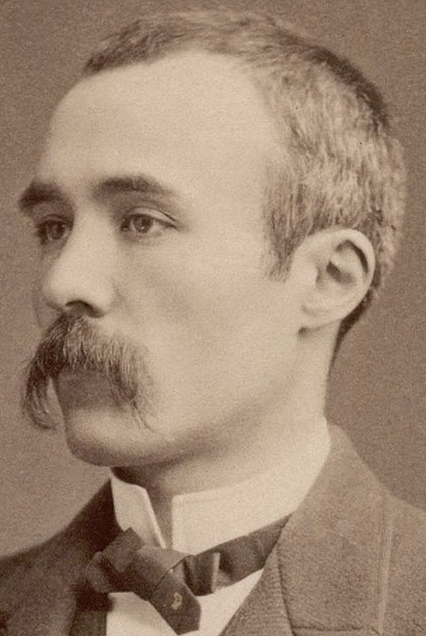On this date in 1841, French statesman and journalist Georges Clemenceau was born in France. Clemenceau followed in his father’s footsteps by becoming a physician and a freethinker. At 16 he was briefly suspended from school for debating Christianity with a teacher. Clemenceau began writing for Emile Zola‘s newspaper Travail, advocating a republic and free speech, and served 63 days in jail in 1862 as a student demonstrator under the reign of Napoleon III.
As a foreign correspondent for Le Temps, he went to New York City in 1865. He met his wife-to-be teaching French at a ladies seminary in Connecticut. Clemenceau’s book The Great God Pan (1869) described how superstitions live on under new guises. He also translated John Stuart Mill’s book Auguste Comte and Positivism. Returning to France, he became mayor of Montmartre, served as a member of the Paris Municipal Council (1871-76) and was elected five times to the National Assembly.
During an interlude when he left politics, Clemenceau returned to journalism. His newspaper articles, permeated with anti-clericalism and the promotion of rationalism, eventually were bound into 19 volumes. He contributed to L’Aurore newspaper and worked tirelessly for the release of Alfred Dreyfuss, writing more than a thousand influential articles about the case.
Known as “The Tiger,” the politician returned to the Assembly in 1902, became interior minister, then prime minister (1906-09). Clemenceau was again elected prime minister in 1917 and was toasted as “Pere Victoire” (Father Victory) at the close of World War I. Clemenceau was a connoisseur of the arts and a personal friend of Rodin. He was buried, per instructions, with no rites. D. 1929.


